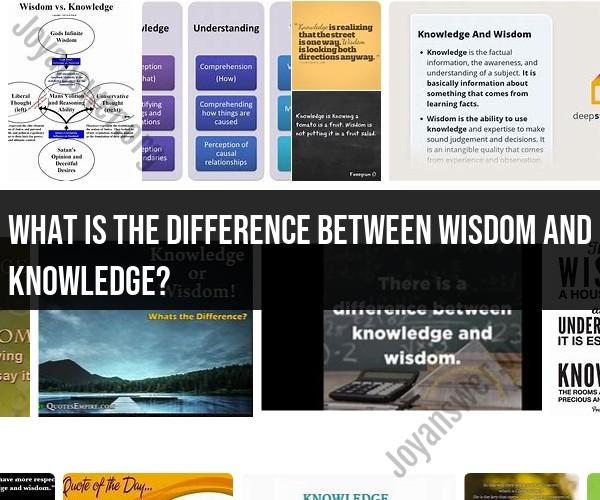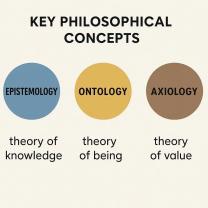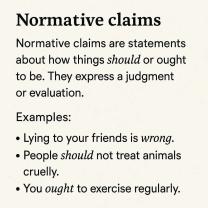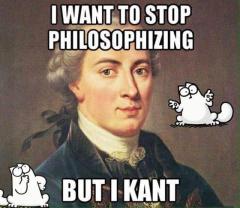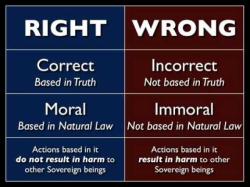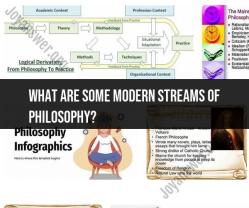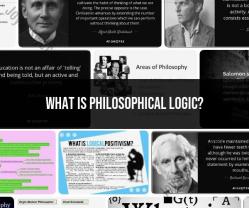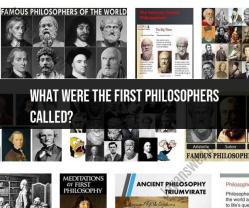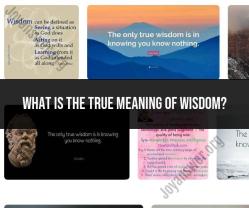What is the difference between wisdom and knowledge?
Wisdom and knowledge are related concepts, but they have distinct meanings and characteristics:
Knowledge:
Information and Facts: Knowledge refers to the information, facts, and data that a person has acquired through learning, study, or experience. It involves the accumulation of information and awareness about various topics.
Intellectual Awareness: Knowledge is primarily an intellectual and cognitive aspect of understanding. It involves knowing "what" or "that" something is the case.
Acquisition: Knowledge can be acquired through education, reading, research, observation, and personal experiences. It often involves the gathering of data and facts.
Objective: Knowledge tends to be objective and factual. It can be measured and tested for accuracy.
Specific and Specialized: Knowledge can be specialized and focused on particular domains, such as scientific knowledge, historical knowledge, or technical knowledge.
Foundation: Knowledge provides the foundation upon which wisdom can be built, but it does not necessarily guarantee wisdom.
Wisdom:
Application and Discernment: Wisdom involves the ability to apply knowledge and experience effectively to make sound judgments, decisions, and choices in various life situations. It goes beyond knowing "what" and addresses "how" and "why."
Practical and Ethical: Wisdom is more practical and ethical in nature. It focuses on the application of knowledge in ways that promote the well-being of oneself and others.
Judgment and Perspective: Wisdom includes the capacity for good judgment, discernment, and the ability to see the bigger picture. It considers the consequences of actions and decisions.
Life Experience: Wisdom often comes with life experience, reflection, and a deeper understanding of human nature and the complexities of life.
Subjective: Wisdom is more subjective and individualized. What is considered wise can vary from person to person and culture to culture.
Guidance and Virtue: Wisdom is associated with virtues such as prudence, humility, empathy, and compassion. It not only seeks knowledge but also strives for moral and ethical growth.
In summary, while knowledge is about the acquisition of information and facts, wisdom involves the application of that knowledge in a thoughtful and discerning manner. Wisdom incorporates ethical and practical considerations and often emerges from life experiences and personal growth. Knowledge is a foundational component of wisdom, but wisdom is a broader and more holistic concept that encompasses the ability to make wise choices and navigate the complexities of life.
Wisdom vs. Knowledge: Understanding the Distinction
The distinction between wisdom and knowledge can be subtle, but it is important to understand the difference. Knowledge is the acquisition of facts and information. Wisdom is the ability to use that knowledge wisely and to make good decisions.
In other words, knowledge is about knowing things, while wisdom is about knowing how to use that knowledge.
For example, a student may have a lot of knowledge about a particular subject, but they may not have the wisdom to apply that knowledge to real-world situations. A wise person, on the other hand, will be able to use their knowledge to solve problems and make good decisions.
The Intellectual Balance: Knowledge vs. Wisdom
Knowledge and wisdom are both important, and they are complementary. Knowledge is the foundation of wisdom, but wisdom is what allows us to use our knowledge effectively.
Without knowledge, we would not have the information we need to make wise decisions. However, without wisdom, we would not be able to use our knowledge in a way that benefits ourselves and others.
The ideal is to have a balance of knowledge and wisdom. We should strive to learn as much as we can, but we should also be mindful of how we use our knowledge. We should always strive to use our knowledge in a way that is wise and beneficial.
Wisdom and Knowledge: Differentiating Two Essential Concepts
Here are some key differences between wisdom and knowledge:
- Knowledge is static, while wisdom is dynamic. Knowledge is about knowing things, while wisdom is about knowing how to use that knowledge. Wisdom is also about being able to adapt our knowledge to new situations.
- Knowledge is objective, while wisdom is subjective. Knowledge is about facts and information, while wisdom is about values and judgment. Wisdom is also about being able to see the big picture and to understand the consequences of our actions.
- Knowledge is acquired, while wisdom is earned. Knowledge can be learned through books, study, and experience. However, wisdom comes from reflection and contemplation. It takes time and effort to develop wisdom.
Conclusion
Wisdom and knowledge are both essential for a good life. Knowledge gives us the information we need to make wise decisions. Wisdom gives us the ability to use our knowledge effectively.
We should strive to learn as much as we can, and we should also be mindful of how we use our knowledge. We should always strive to use our knowledge in a way that is wise and beneficial.
